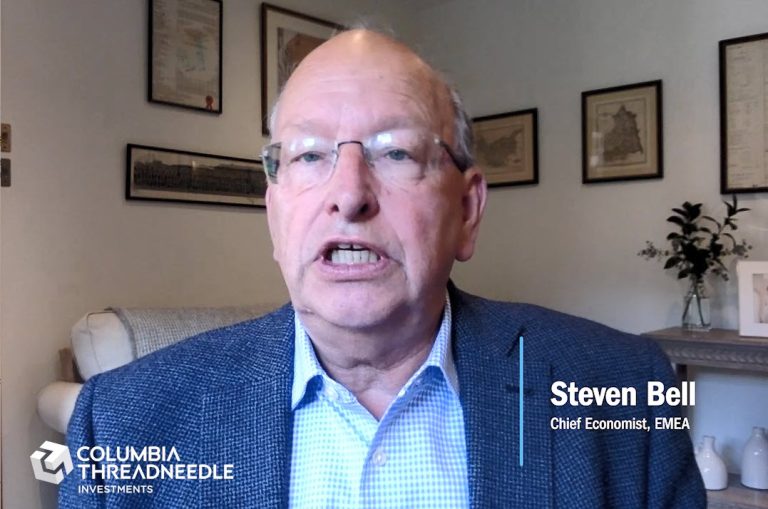The focus this week is on sterling and a discussion on the chances of a full-blown crisis this winter.
But first a word or two on the two big themes in the markets: interest rates in the US and gas prices in Europe. US Federal Reserve chair, Jay Powell, made it clear at the Jackson Hole meeting last week that he was determined to keep on raising interest rates until inflation was clearly under control. By contrast, markets had been pricing in a pivot by the Fed as early as next spring, with interest rates falling significantly over the balance of 2023. Following Powell’s speech – and comments from a host of other members of the interest-setting committee –markets are pricing in a faster pace of tightening over the next few months and only a modest decline thereafter.
The Fed also concedes that unemployment will have to increase to rein in inflation. In my opinion an outright recession is needed.
Gas prices in Europe up 2,000% as Russia cuts supply
Inflation is high and rising in Europe, but here the main impetus is food and energy prices. Gas prices have risen 20-fold as a result of Russia curtailing supply. That is 2,000%. The soaring cost of energy will surely push Europe into recession. Yes, interest rates will have to rise here but domestic sources of inflation – wages and rents – are nothing like as strong as in the US.
All this is bad news for risk assets and I think equities are headed lower.
A wider UK current account deficit would be difficult to sustain
But let’s look now at sterling. The UK is running a big current account deficit and the red ink has been flowing for decades. Deficits of this size are difficult to sustain and make currency weakness a real possibility.
If, as widely expected, Liz Truss is the next Prime Minister and responds to the cost-of-living crisis with untargeted tax cuts, the result will be an even wider deficit, higher inflation and perhaps even a political crisis as millions of households struggle to pay their energy bills. Her Chancellor, likely to be Kwasi Kwarteng, has a distinguished academic record but shares her distrust of the Treasury and the Bank of England (BoE), and will find it difficult to ask the new PM to renege on her campaign promises so quickly.
An extraordinary high-risk, high-return strategy in the plans
Tinkering with the BoE’s remit would also worry financial markets. Liz Truss and her potential chancellor have an extraordinary scheme to freeze energy prices via a government-backed fund to lend money to energy companies. The loans would then be repaid if and when gas prices fall. The result would be lower inflation, lower uplift on indexed-gilts, lower social security payments and higher personal incomes. The result might even be to avert recession. But the plan would require massive, open-ended subsidies predicated on a major fall in gas prices. If this plan comes to fruition, it would be a high-risk, high-return strategy.
A deeply worrying outlook for the UK and sterling in particular
The background, then, is deeply worrying for the UK in general and sterling in particular. It was notable that when the unexpected jump in UK inflation was reported two weeks ago, expectations for future bank rates jumped. This would normally attract capital inflows and strengthen sterling – yet the currency failed to rally. Several commentators noted that this was the sort of reaction seen in an emerging market and one bank has gone so far as to characterise the UK as a banana republic. I think that is over doing it. But as the current account deficit heads towards 5% of GDP, and with gas prices soaring, there is a real risk that sterling tumbles against a mighty dollar. The all-time low was $1.05 in February 1985, just above parity. We may see that level again.
There will be no video from me next week – I’m off to play golf in Scotland. I won’t be worrying about the world economy or where interest rates and the stock market are headed. No, I’ll be worrying about sinking a four-foot putt or finding my ball in the rough. But I’ll be back in two weeks so in the meanwhile good luck and goodbye.







